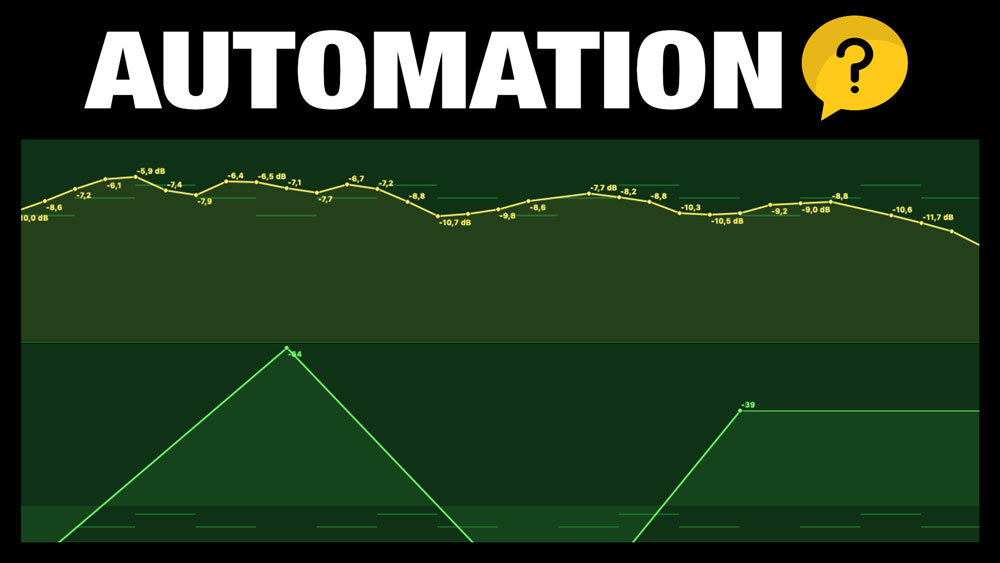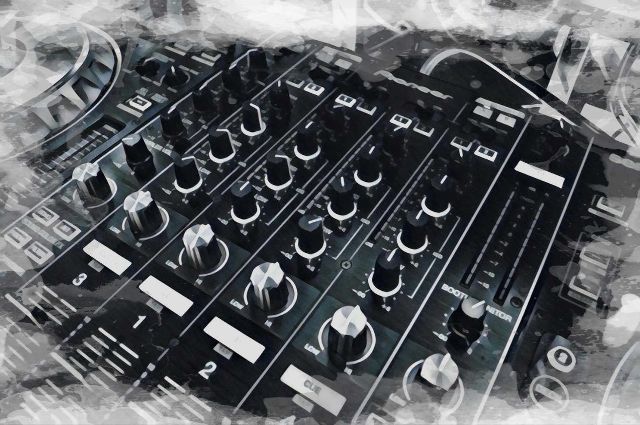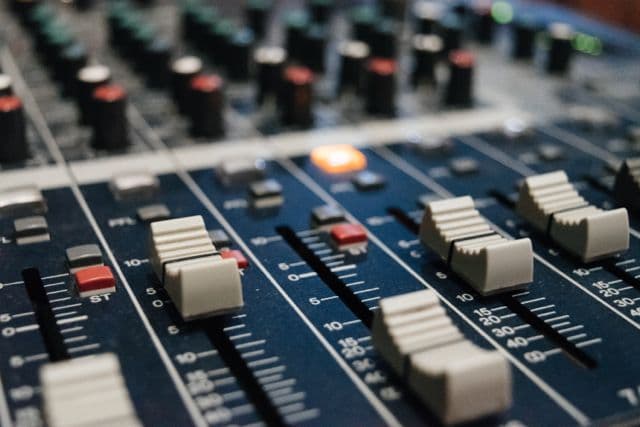Automation is important in the music industry and has a strong impact on the creative process of musicians. This article will introduce automation mean in music, the technologies that use it, the advantages and challenges of applying automation, as well as provide examples of the use of automation in the field. music.
Automation in music and the technologies that use it
In the field of music, automation plays an important role and is widely used in the composition process. Automation in music is the use of technologies and software to automate audio production and music creation processes. Music automation technology includes computers, software, and audio automation equipment.
What is automation?

In the music industry, automation is the use of technologies and software to automate audio production and music creation processes. Automation helps shorten musicians’ time and effort in the composition process, helping them focus on creativity and enhancing sound quality.
Technology uses automation in music
Task Automation tool technology in music includes the use of computers, software, and audio automation equipment. Computers and automation software are used to program, control, and process sound, allowing musicians to create special sound effects and adjust volume. Automated audio equipment, such as automated mixing consoles and automated sound effects units, help create high-quality sound and fine-tune audio parameters.
Advantages of automation in composing music
Automation in music composition brings many benefits to musicians. Here are some advantages of applying automation in the music composition process:
Increase composition speed
Applying automation in the composition process saves musicians time and energy. Instead of having to perform each step of the job manually, musicians can use software and automation devices to perform tasks quickly and efficiently. This speeds up songwriting and allows musicians to spend more time being creative.
Increase sound quality
The application of automation in music production offers the ability to adjust, repair and fine-tune sounds. Thanks to automation technology, musicians can adjust volume, process noise, and create special sound effects with precision and professionalism. This helps increase sound quality and provide a better listening experience for listeners.
Challenges and limitations of using automation in music

While automation brings many benefits, there are also some challenges and limitations:
Loss of individuality and creativity
The use of automation can take away the individuality and creativity of musicians. When every process is automated, music can become similar and lose the individual musician’s style. This can cause the music to become monotonous and lack variety.
Possibility of error
In the automation process, the possibility of errors is inevitable. Some errors can occur during the automation process, affecting the sound quality of the final product. Fixing these errors can take a musician’s time and effort, reducing the efficiency and effectiveness of the composition process.
An example of the application of automation in the music sector

To illustrate the application of automation in the music industry, here are two specific examples:
Use music production software
An example of using automation software to create electronic music is Ableton Live. This software allows musicians to create complex electronic music tracks by dragging and dropping audio samples, adjusting sound effects, and adjusting timing. Ableton Live helps shorten music production time and allows musicians to focus on creating.
Use automated audio equipment
Another example of using automation to create special sound effects is the Digitech Whammy Pedal. This pedal allows musicians to automatically adjust sound frequencies, creating a special “whammy” effect. Using this pedal helps create a unique sound and adds richness to the music.
From the above examples, we can clearly see that applying automation in the music field brings many benefits and improves the musician’s composition process.
The importance of automation in music and how it changes the way musicians compose
Automation has become an indispensable element in the music creation process. The application of automation speeds up composition, improves sound quality, and provides many creative tools for musicians. However, adopting automation also brings with it some challenges, including loss of personalization and the possibility of errors. It is important for musicians to consider and use automation flexibly to take advantage of the benefits of this technology without losing the beauty and novelty of the music creation process.
What does automation mean in music? This article has presented the meaning of automation in the music field and its impact on the composition process of musicians. From introducing automation in music and the technologies that use it, to presenting the advantages and challenges of applying automation, as well as providing examples of its use in the field. music field. To summarize, automation has become an indispensable element in the music composition process, bringing many conveniences and changing the way musicians work.
